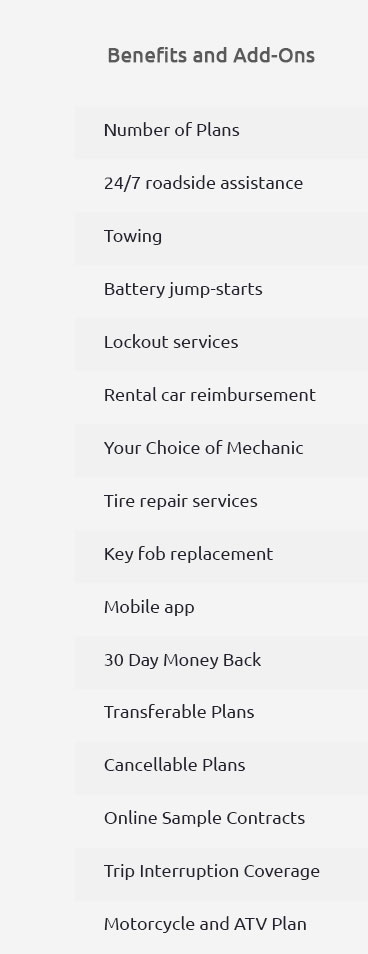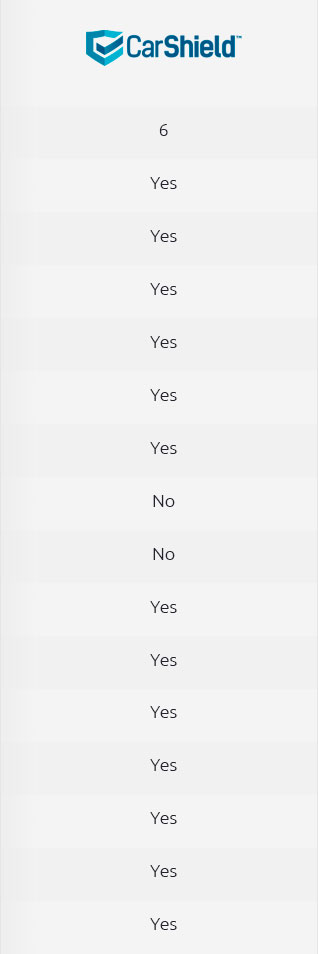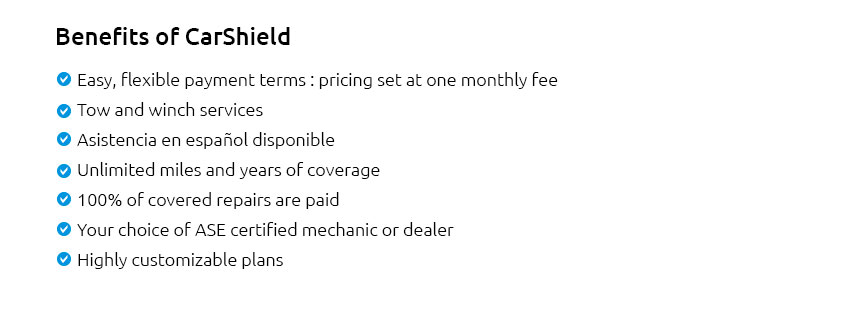 |
 |
 |
 |
 |
|||
 |
|||
 |
 |
 |
|
 |
|||
 |
|
 |
|
 |
|
 |
|
 |
|
 |
|
 |
|
 |
|

Automotive Warranty Statistics: A Comprehensive Coverage GuideFor U.S. consumers, understanding automotive warranties can provide peace of mind and significant cost savings. Whether you're a first-time car buyer or looking to protect your vehicle investment, knowing the ins and outs of warranties is essential. What is an Automotive Warranty?An automotive warranty is a contract between the car owner and the manufacturer or warranty provider, promising repair and replacement for specific parts over a designated period. This assurance can ease the burden of unexpected repair costs. Types of Automotive WarrantiesWarranties come in various forms, each offering different levels of coverage. Knowing what each type covers can help you make an informed decision.
Understanding Repair CostsRepair costs can vary widely based on the vehicle make, model, and the specific issue at hand. In some cases, repair bills can quickly escalate, making warranty coverage a valuable asset. Typical Repair Costs
Having a warranty can significantly reduce these expenses, providing financial relief and assurance. Benefits of an Extended Auto WarrantyWhile basic warranties offer initial protection, an extended auto warranty can provide ongoing security long after the initial coverage expires.
FAQ Section
https://www.consumeraffairs.com/automotive/auto-warranty-statistics.html
In 2023, the market size of the extended auto warranty providers industry was $20.5 billion, with a 1% decline per year between 2018 and 2023. https://avianaglobal.com/automotive-oem-warranty-expense-trends/
In 2018, the small vehicle makers ended the year with $13.925 billion in their warranty reserve funds, a decrease of $508 million or -3.5% from 2017 totals. The ... https://www.warrantyweek.com/archive/ww20241003.html
In 2023, the global automotive manufacturers paid $51 billion in warranty claims, with an average claims rate of 1.98%, and set aside $65 ...
|